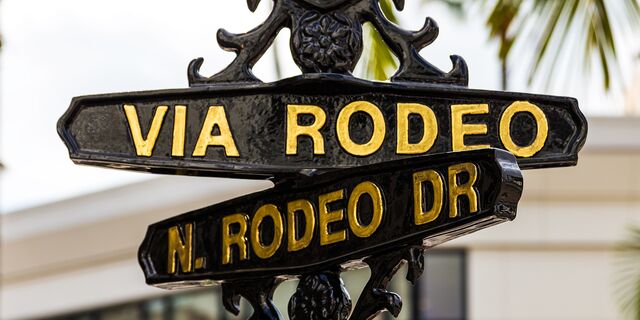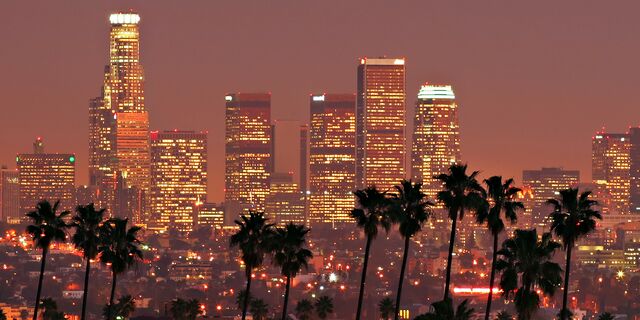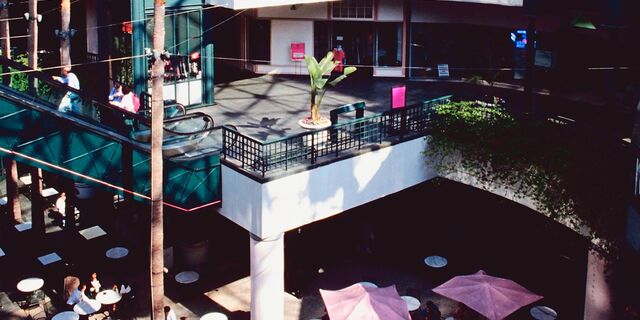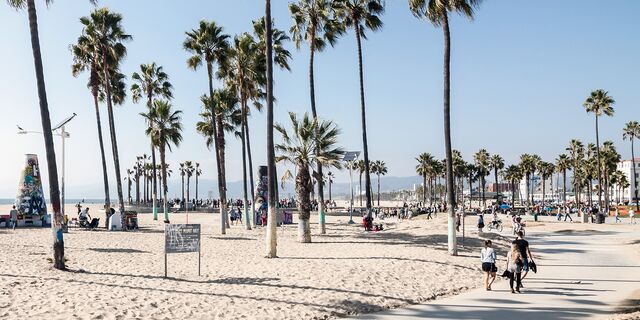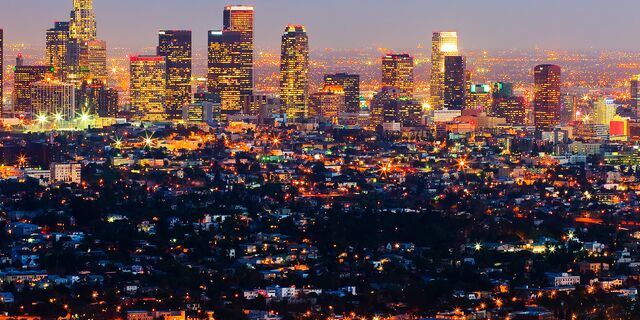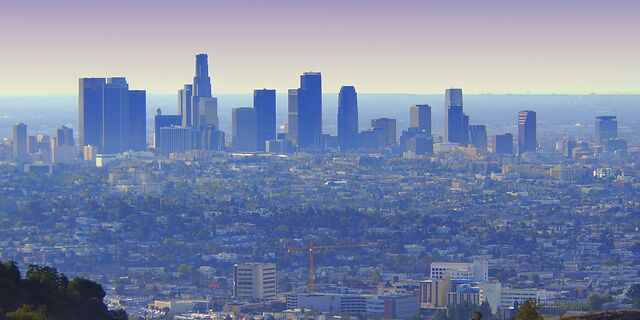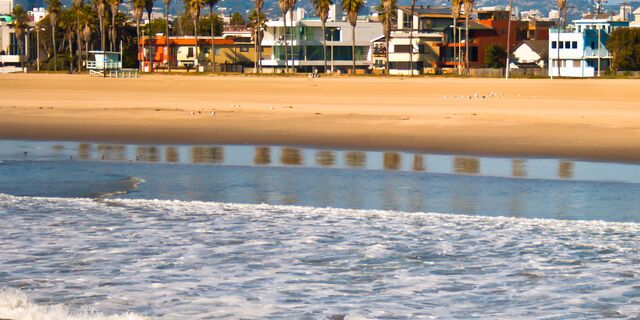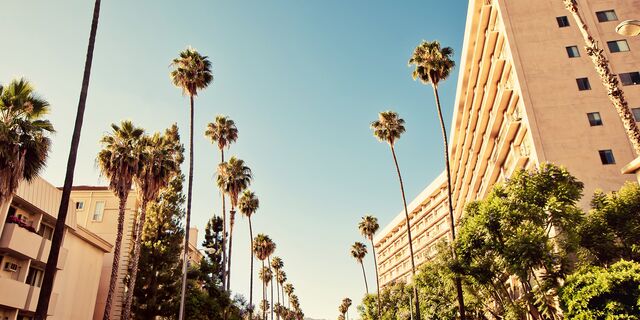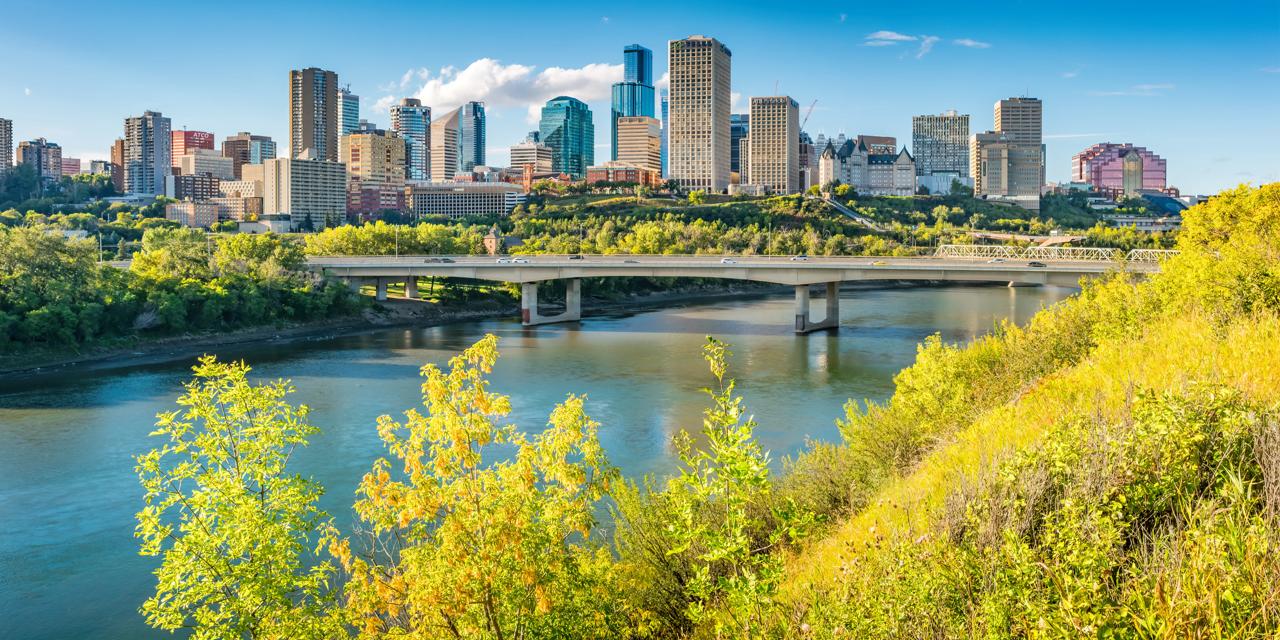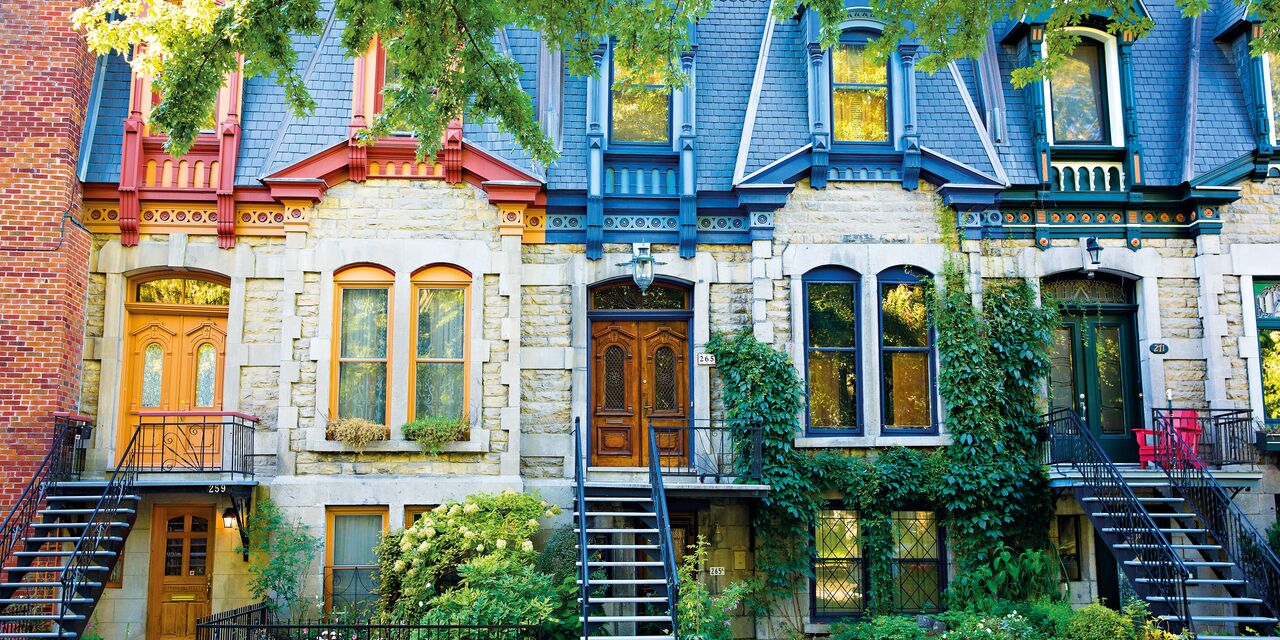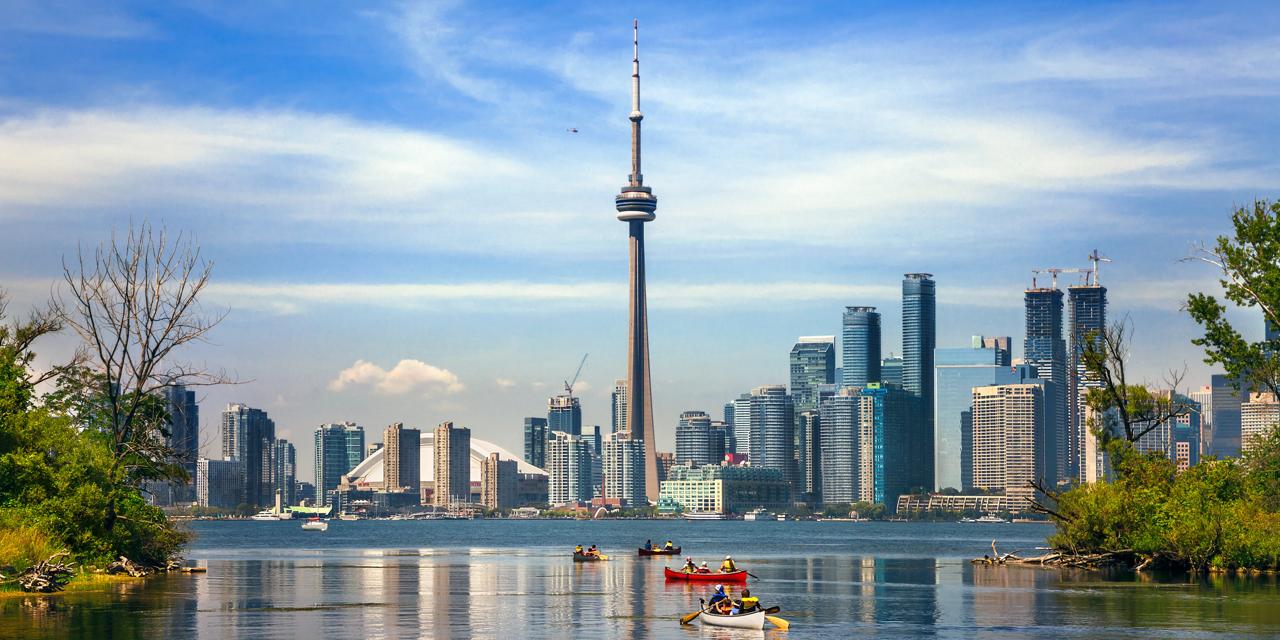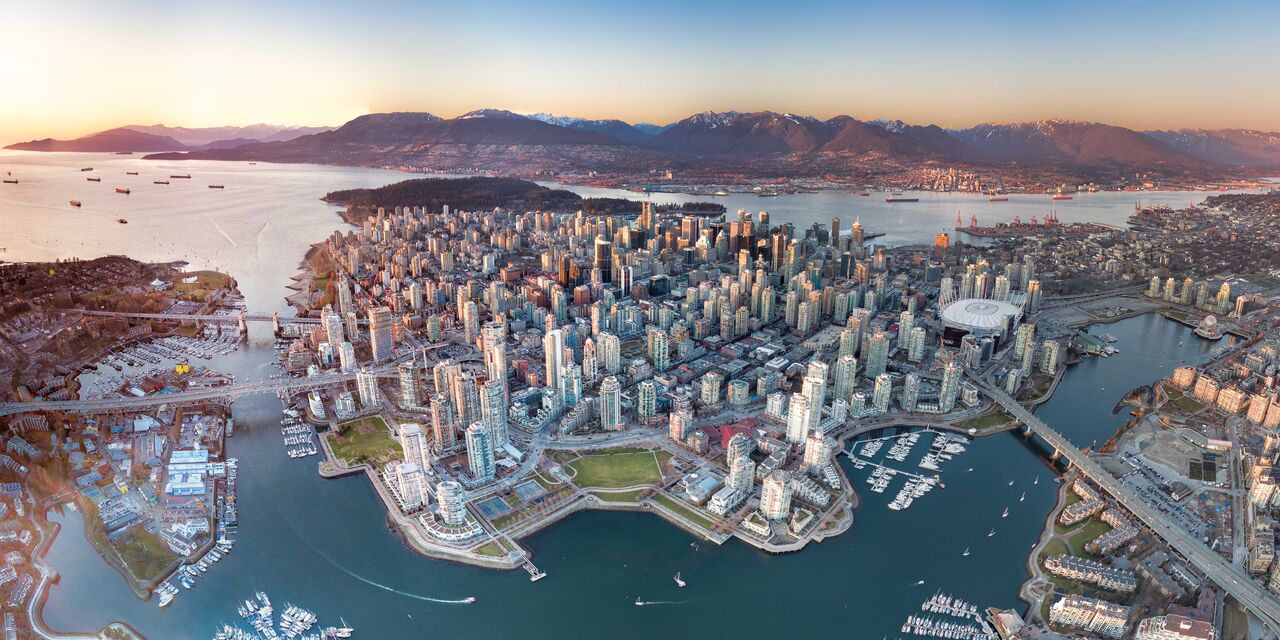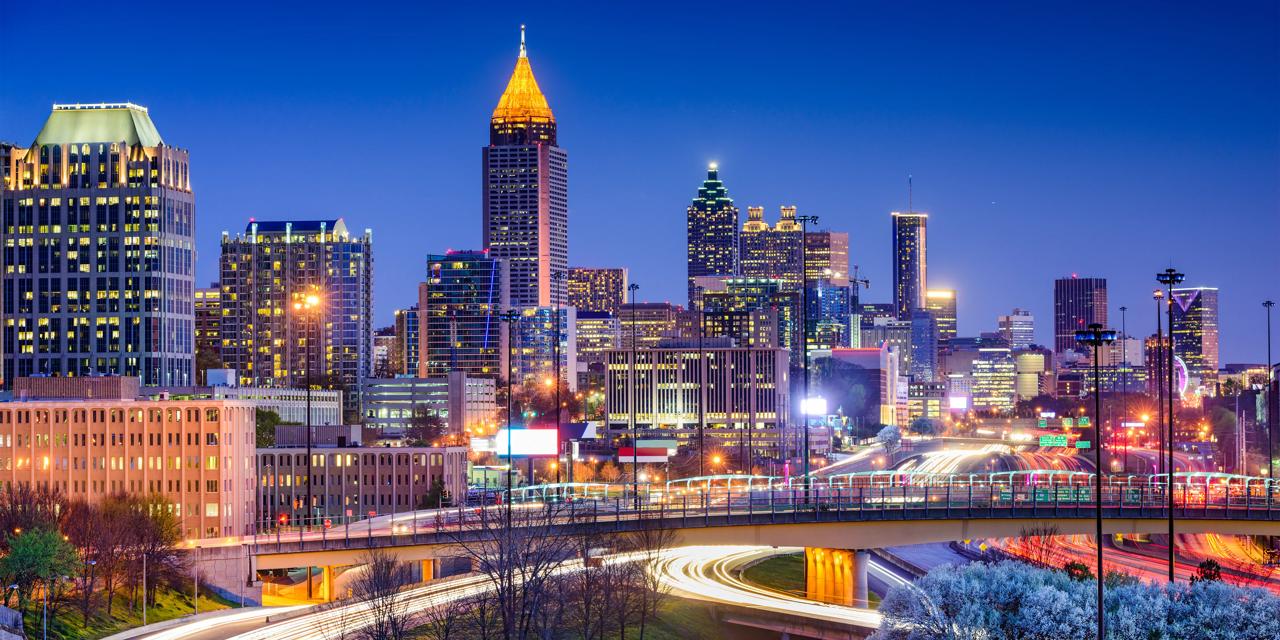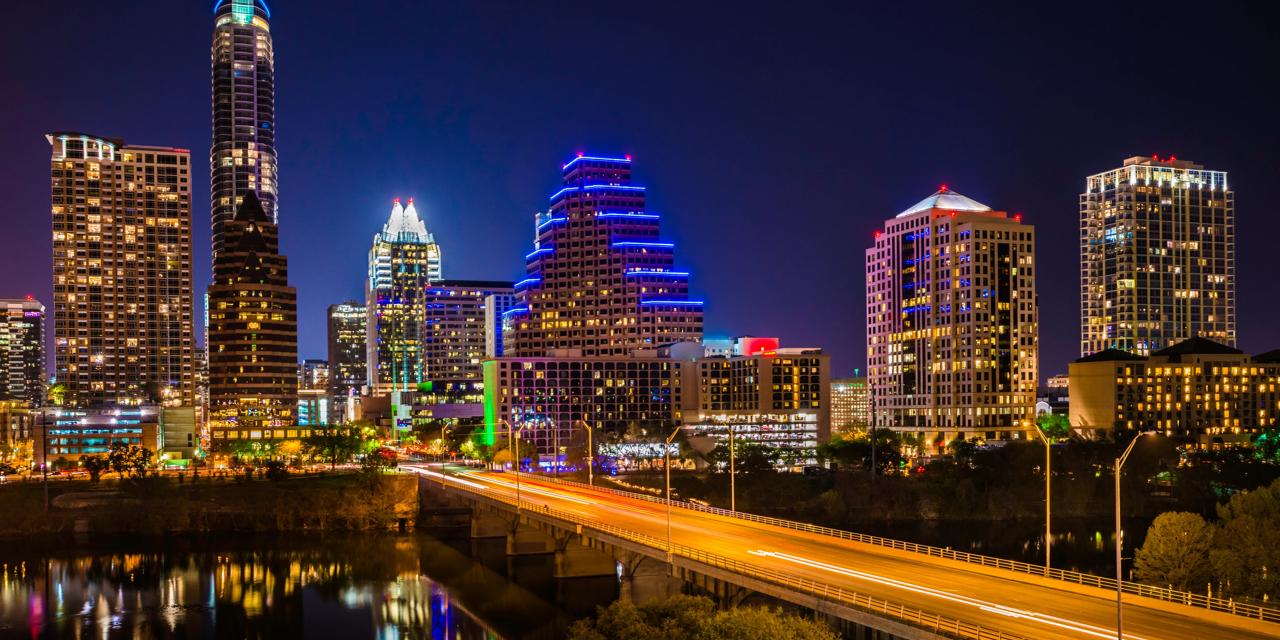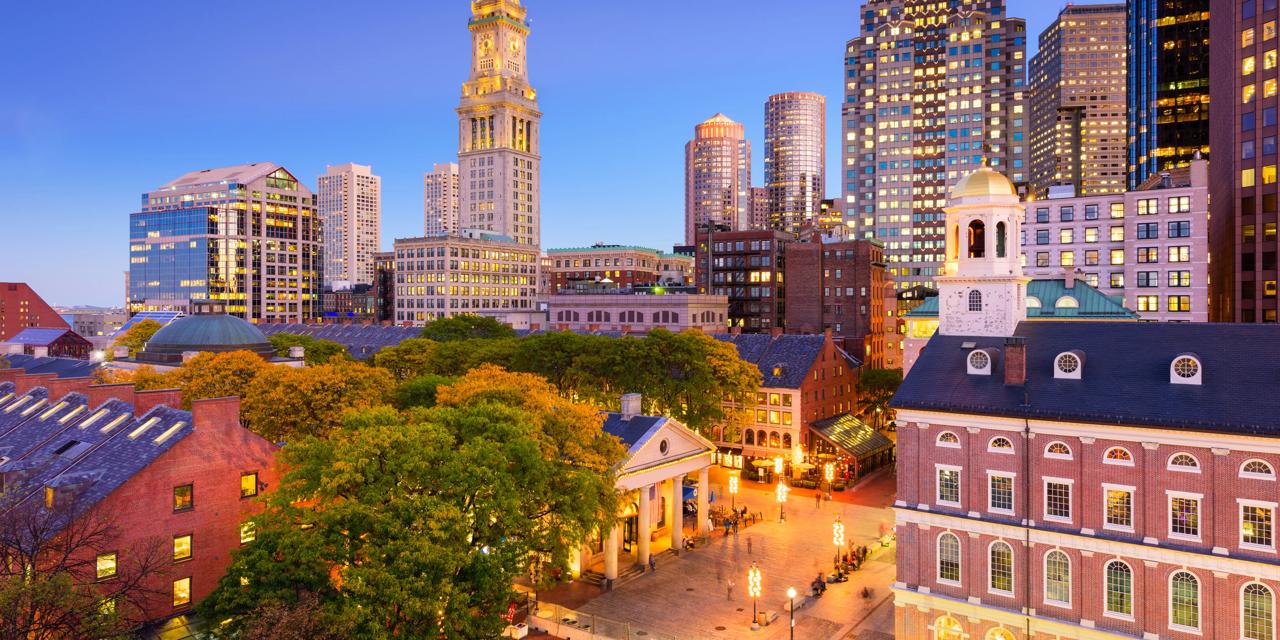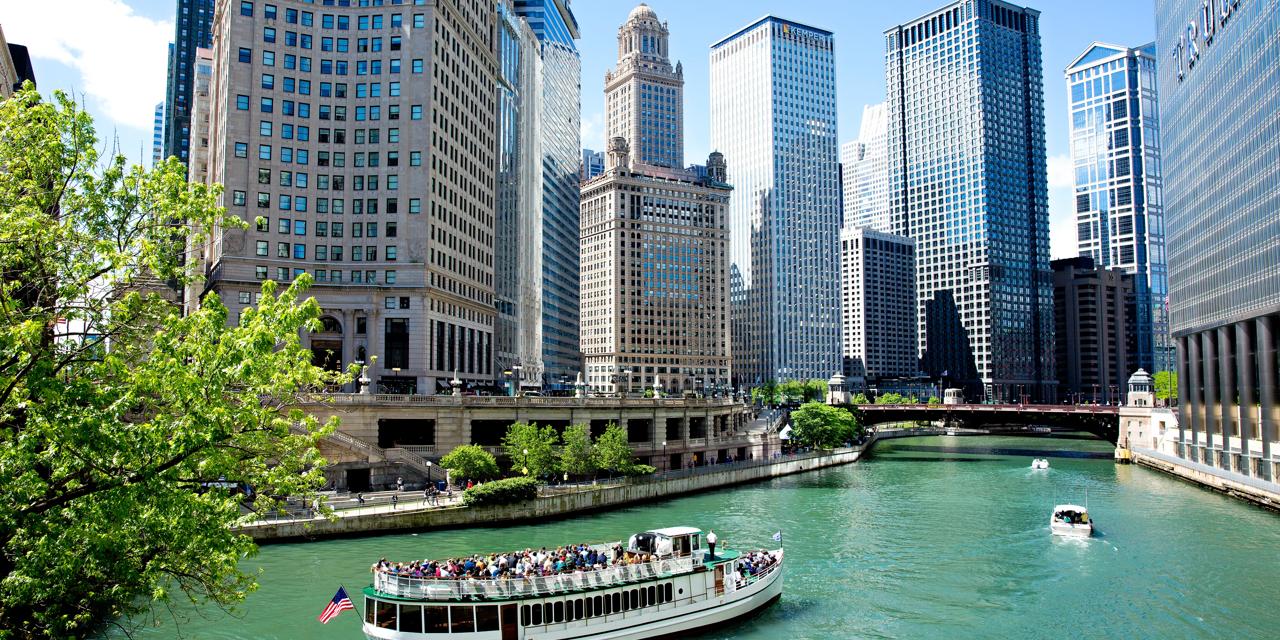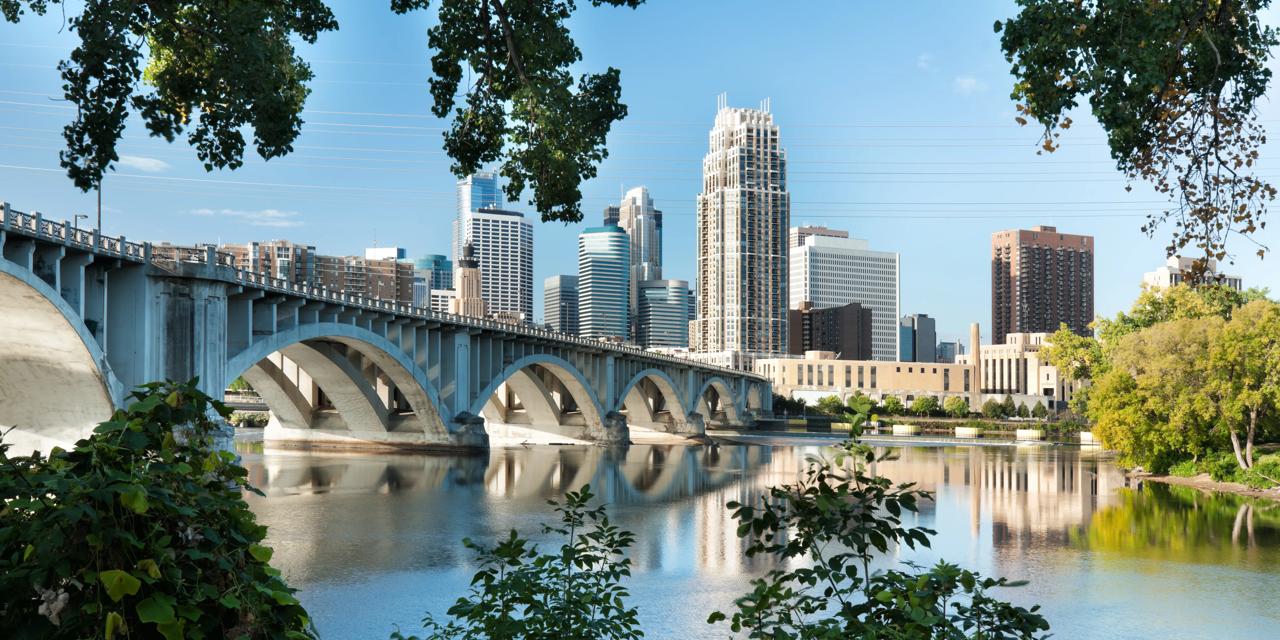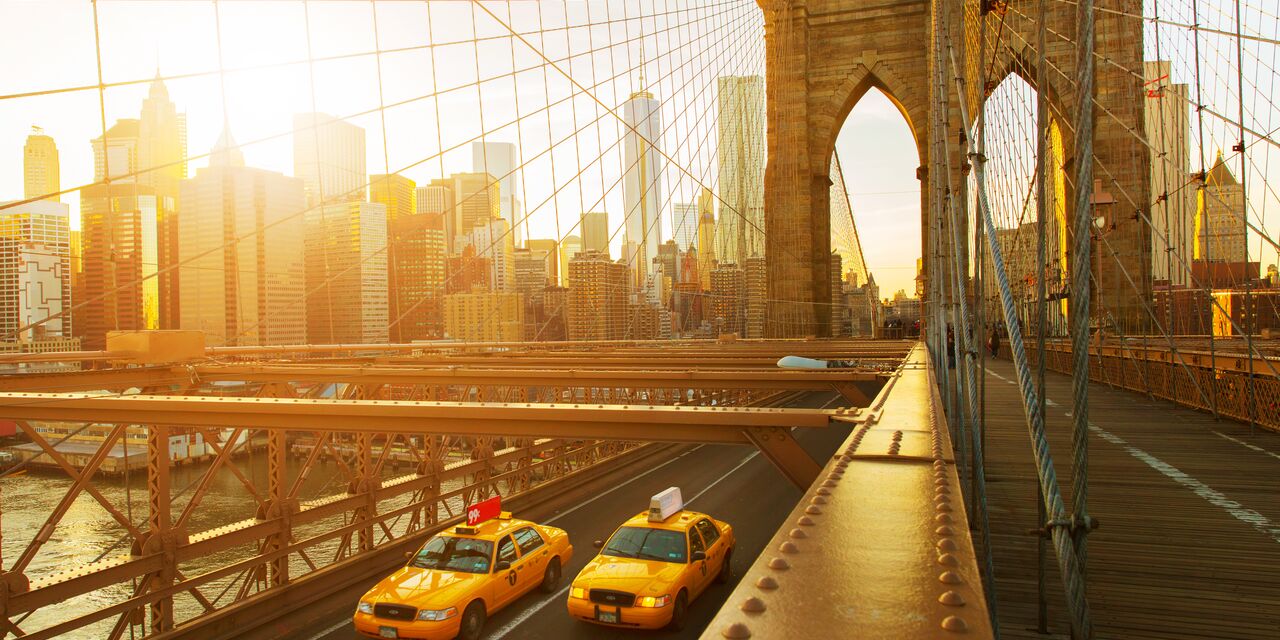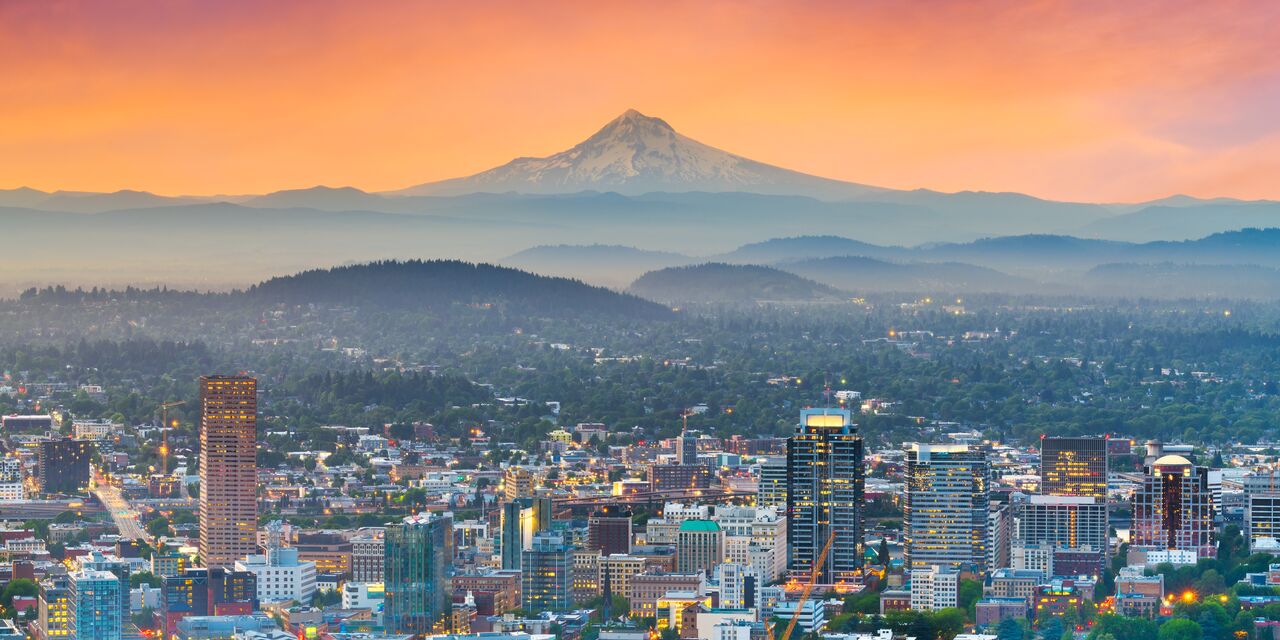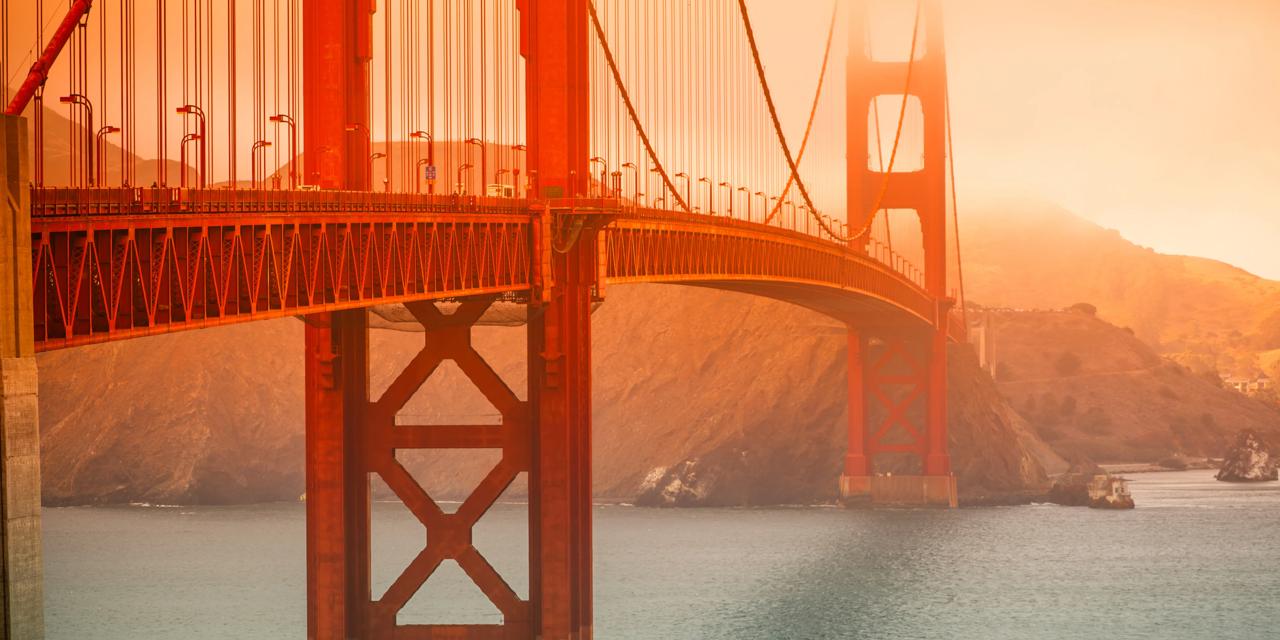The Getty Center: the museum as a work of art
Using stone, glass and metal (and a billion dollar budget), architect Richard Meier created the Getty Center. The museum sits on top of a hill and visitors flock here not only for its extensive art collection but also for the magnificent architecture.
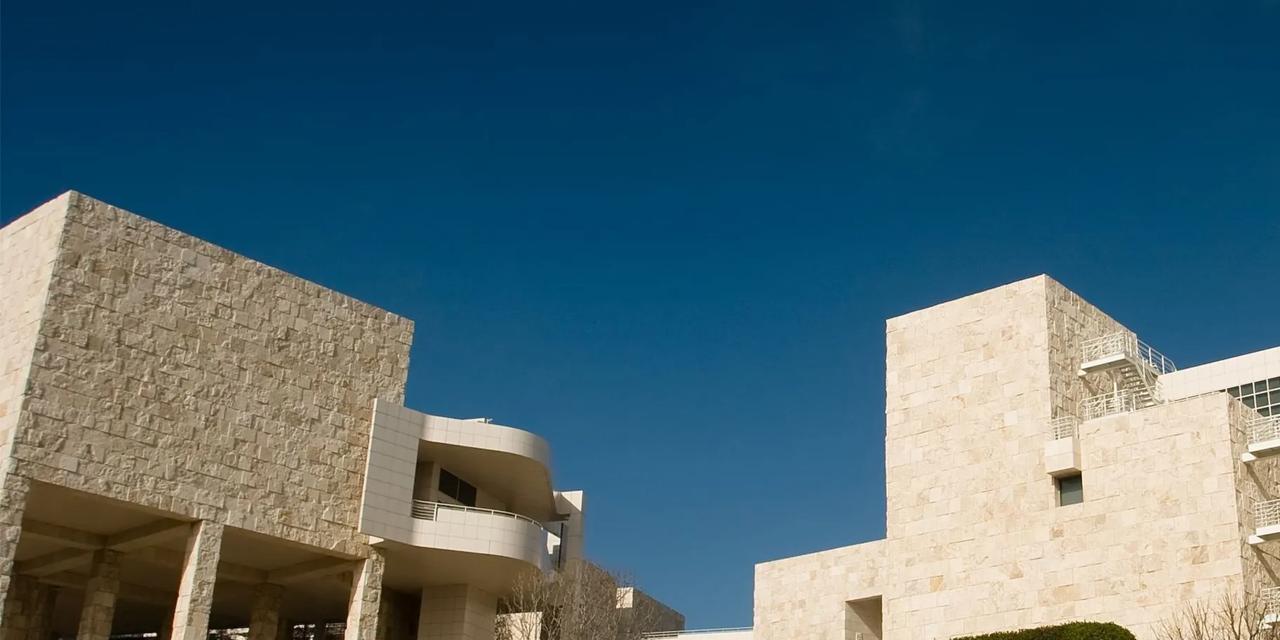
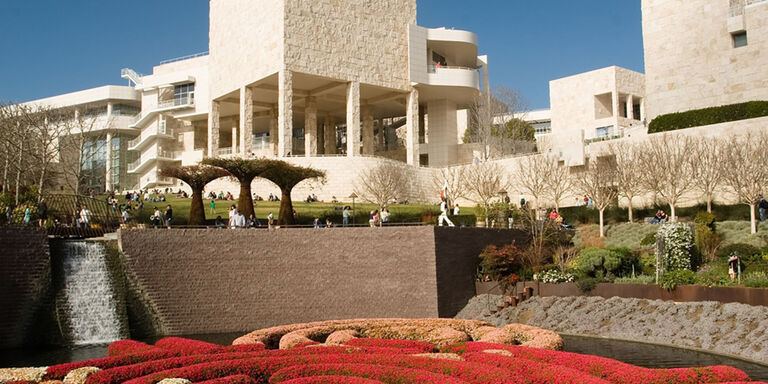
Architectural masterpiece
The entire complex consists of 11 buildings surrounded by beautiful outdoor spaces, fountains and sculptures. Getty's art collection is so large that the 4 exhibit spaces in the Getty Center display only part of his collection. However, many people come not only for the art but also for the unusual architecture. Architect Meier combined his trademark smooth white surfaces with more traditional materials to reflect the feel of the Getty collection. Horizontal lines and square forms prevail. There are special architecture tours that highlight the vision and technique of the architect in great detail.
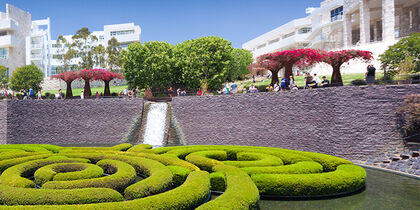
The sound of water
The beautiful Central Garden in the heart of the Getty Center was designed by artist Robert Irwin. A path leads visitors through the garden and follows a water course that eventually runs into a basin with a maze of azaleas. Along the way, listen to the changing sounds of the water: the stones in the water have been carefully placed to create various sound effects. The plants along the water were also specifically chosen for their texture and colour.
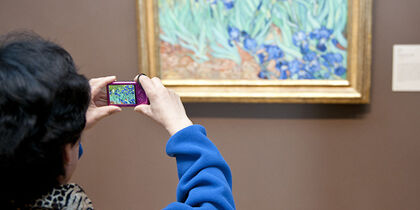
International collections in the museum
The museum’s collection is divided over 4 buildings: the North, South, East and West Pavilions. The displays include art from Europe and North America, from the Middle Ages until today. Works of famous painters such as Van Gogh, Cézanne, Rembrandt and Renoir adorn the walls. In addition to paintings, Getty also collected sculptures and decorative art. One of the best known pieces in the collection is the bronze statue of Venus and Cupid, created by Italian sculptor Jacopo Sansovino in 1550.
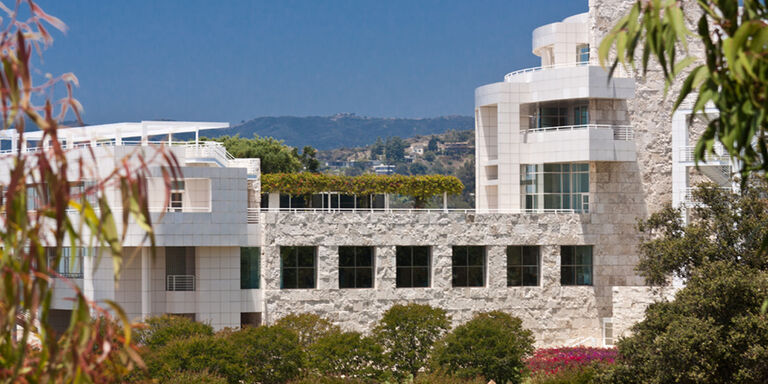
Get a taste of the desert
Located just beyond the West Pavilion, the South Promontory is a replica of a desert landscape. The garden is full of plants in varying shades of blue, purple and grey that seamlessly merge with the vegetation on the rest of the hill. From here you can enjoy a beautiful view of the city. The architect has carefully planned each and every detail. From the parking lot at the bottom of the hill visitors board an electric tram that whisks them up to the Getty Center. Architect Meier designed the tram to literally lift people out of their daily routine.
Discover other destinations in North America
*De viste priser gælder for én voksen. Alle beløb er i DKK. Skatter og tillægsgebyrer er inkluderet. Der pålægges ikke noget reservationsgebyr, men der kan blive opkrævet et tillægsgebyr for betaling. De viste priser kan variere afhængigt af billettilgængeligheden. Du vil se den endelige pris, når du vælger din betalingsmetode.
The weather forecast information is provided by World Weather Online. Air France-KLM is not responsible for the reliability of this data.

